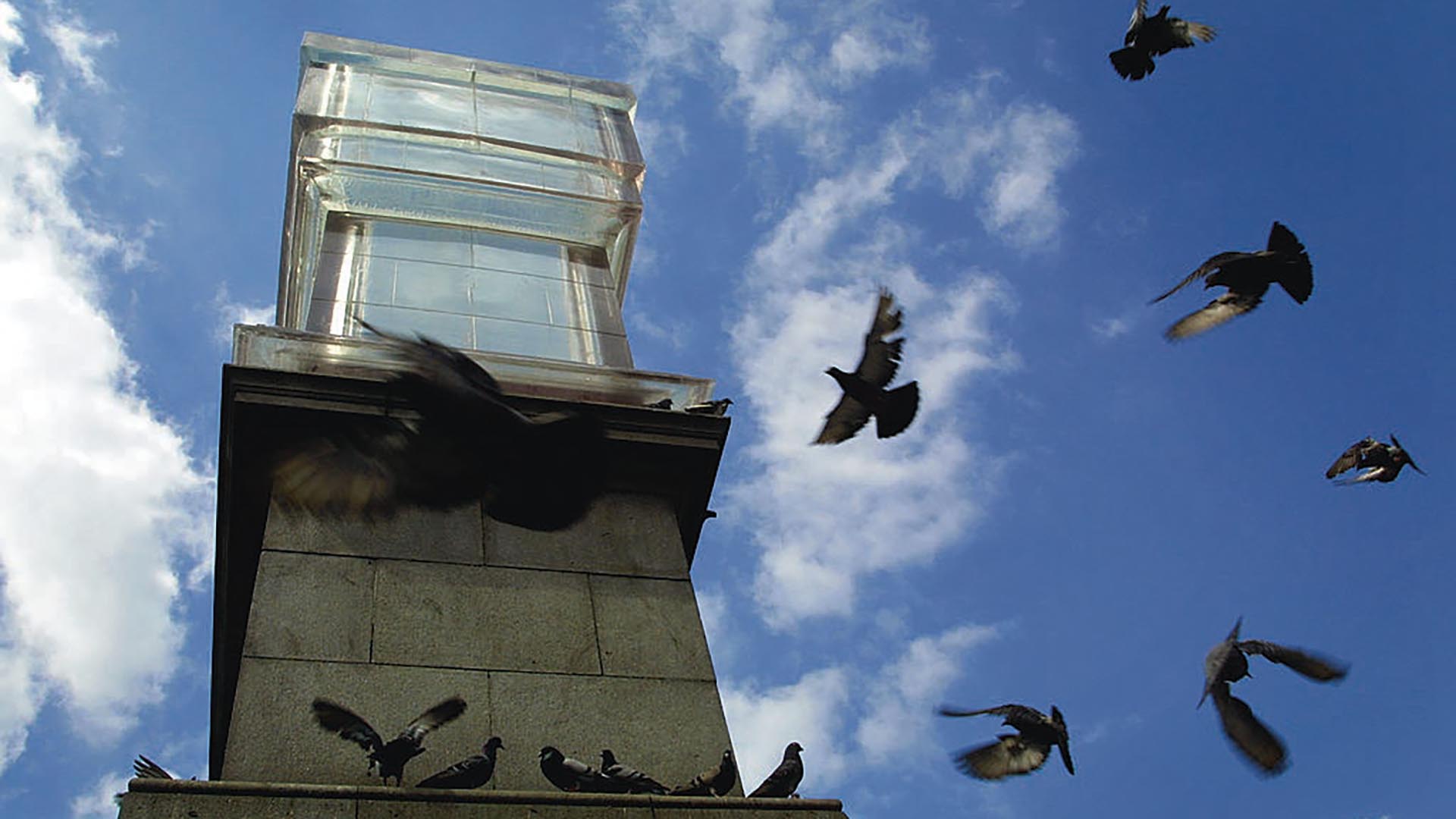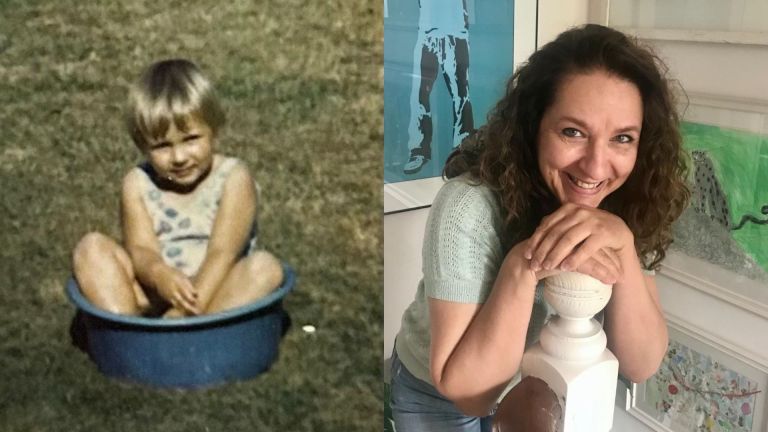It has become the tradition in London’s Trafalgar Square to place a temporary sculpture or object on an empty plinth, now known as the Fourth Plinth. Most of the pieces chosen have been comical; one I rem-ember looking like a large multi-coloured, muffin-like cake. Another, an elongated thumb.
But a problem has developed for the makers of these objets d’art, it would seem. The scheme has been running for a few decades and most of the pieces have not found a home after their two-year stint on the plinth. A few weeks ago the renowned and much-loved sculptor and Turner Prize winner Rachel Whiteread suggested an end to this process. Because most of the objects have subsequently been kept in storage at great expense.
I have not kept my eye on the plinth because I find most of the work does nothing for me. It might be because I feel I saw it all in the ’60s when artists like Claes Oldenburg produced giant renderings of ice cream cones or garden trowels etc, and artist Jim Dine drawings and works of similar objects. When you see these things for the first time you might be stirred and inspired, but when they just seem to be more of the same your eye might tire.
The piece Whiteread did for the plinth – that looked like a plinth with a glass plinth on top of it – failed afterwards to find another public place to be displayed. So she is miffed, quite rightly, that it seems a waste of space and money and time to keep making things, displaying them for a short period and then bunging them in storage. So stopping this would stop the storage problem.
Alas, most art is in storage. My self-portrait for the National Portrait Gallery is on some archived shelf. Most of our big public galleries have thousands of works that they cannot provide space for. Recently a storage facility burnt down in East London and millions of pounds worth of contemporary art went up in flames.
Marc Quinn’s sculpture of disabled artist Alison Lapper was to me the highpoint of the temporary plinth arrangement. Others may have had something significant or thoughtful or creative to say, but as I said I haven’t been keeping an eye on what’s being done.






